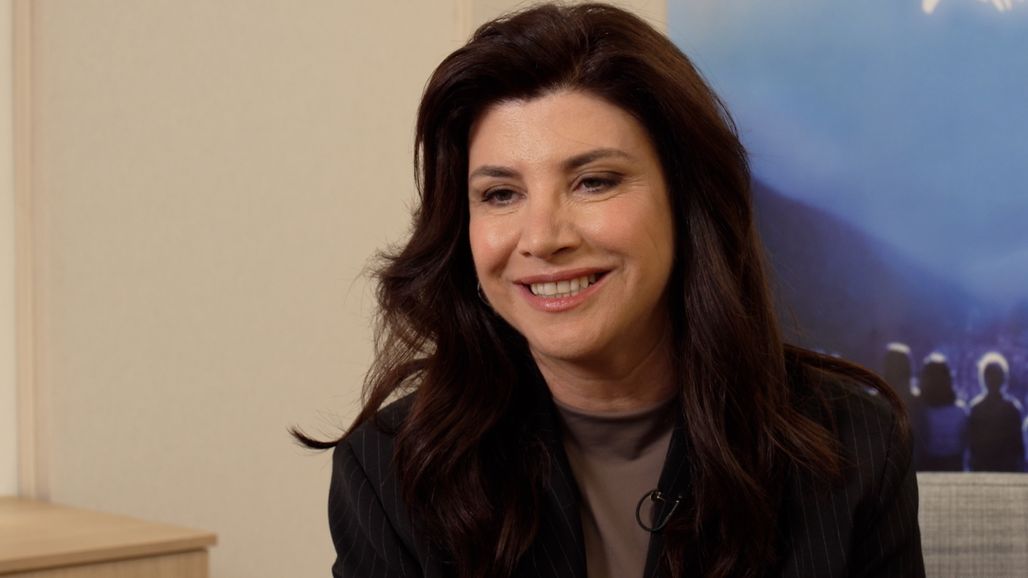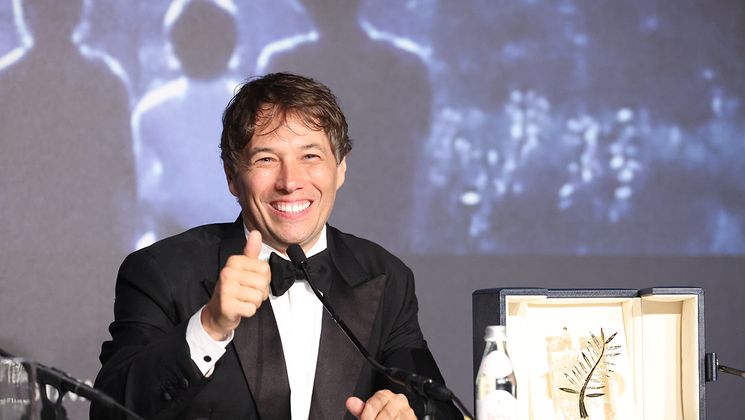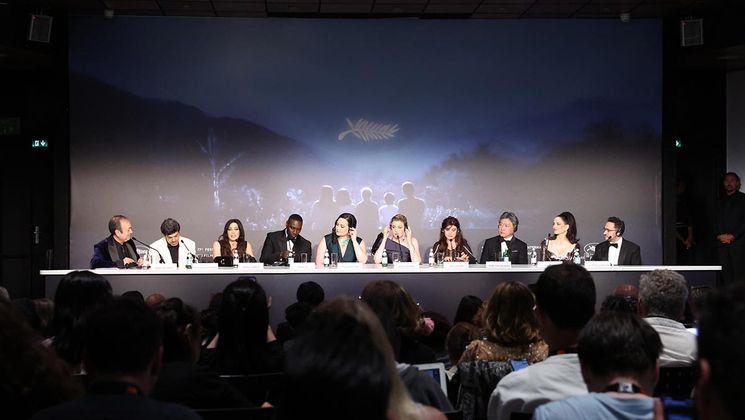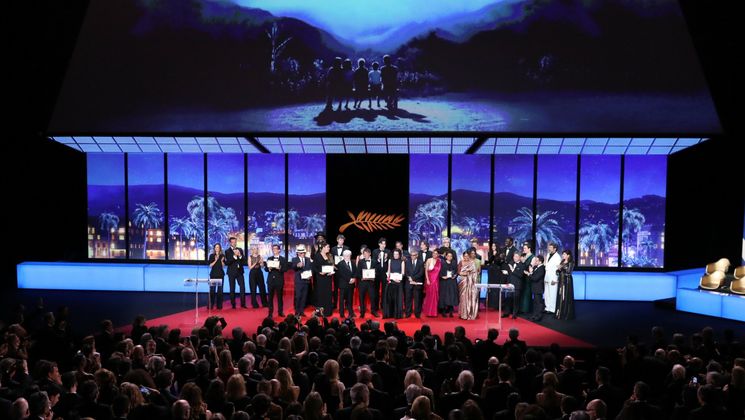
Interview with Ebru Ceylan, member of the Feature Film Jury

Along with Nuri Bilge Ceylan, she has co-written the screenplays for a Best Director Award winner (Three Monkeys, 2008), a Grand Prix award winner Once Upon a Time in Anatolia, 2011), a Best Screenplay Award winner (About Dry Grasses, 2023) and a Palme d’or winner (Winter Sleep, 2014) at the Festival de Cannes. Before becoming an essential writing partner for the Turkish director, the photographer Ebru Ceylan got her start with him as an artistic director. A member of the Feature Film Jury for this 77th edition, Ebru Ceylan, whose first short film was selected for Cannes in 1998, discusses her relationship with cinema.
You first came to the Festival de Cannes in 1998 with Kiyida (On The Edge), your first short film, which was selected to compete for the Palme d’or. What do you remember from making this film?
I was in my second year studying film at Istanbul University when I made Kiyida. It’s a film that I made with a very limited means. At the time, digital technology didn’t yet exist and I used an analogue camera. I was still a student but, miraculously, I managed to get funding from some studios. Once finished, I sent the film to several festivals. At the time I only had one copy and that led to a number of complicated round trips, with some occasional customs issues. The first festival to get back to me about the film was Cannes. Back then, cell phones didn’t exist and, when I got the message from my answering service that Kiyida was selected, I was in complete shock.
Why?
Because I had made a film that was not at all typical. For this short film, I remember that I was going on instinct. Kiyida was made with highly symbolic images. It was shot in black and white and there’s no dialogue. It’s a film that’s so singular in terms of both form and content that none of my friends or cast members understood what I was trying to say. So it was very encouraging for me that such a film would be recognised by the Festival de Cannes. Cannes has played a decisive role in my career. It has given me a lot of confidence and courage.
Since then, you haven’t been behind the camera much. Why?
Because my different photography projects have taken precedence over everything else. Photography is a solitary art and I feel much more at ease when I’m working alone. The essence of my art is expressed more instinctively when I proceed in such a manner. Big projects with big budgets aren’t really my style. That’s why I chose screenwriting. It’s an aspect of cinema more in keeping with my personality as it requires working alone.
How has photography influenced you in your writing?
As you may have guessed, I place a lot of importance on the formal element. But the atmosphere of a film is also very important for me. What matters to me is that the inner world of the director be tangible. It’s very important for me to have this feeling.
“ Andrei Rublev (1969), by Andrei Tarkovsky, is the film that opened my eyes to cinema ”
And what film, from this point of view, was particularly striking for you?
Andrei Rublev (1969), by Andrei Tarkovsky, is the film that opened my eyes to cinema. I was 19 and when I saw the film for the first time, I first felt a great chaos. But over time, the film settled within me and my initial feeling evolved, grew. This feature film left a big mark on me, although I can’t clearly define it. I then began to orient myself more towards auteur films, towards feature films that had deeper meanings.
How did you begin your collaboration with Nuri Bilge Ceylan?
I met him for the first time during a short film festival in my hometown. He had just got his start in cinema, but I was aware of him through his artistic photography, which I really admire. He already had a good reputation. At the time, I didn’t know that he was also a filmmaker. Later, when I started studying film in Istanbul, I met Nuri again at a photography symposium. That’s when our relationship began. He was shooting his first feature film. That’s how we started working together.
How do you work together?
We fight a lot! The writing of a screenplay is a moment where you put everything that you have that comes from your moral and ethical character on the table. In daily life, relations with others are based on similarities and rarely on differences. When you write, it’s different: you’re forced to push your own reality to the forefront, and the fact that someone else is confronted with it can create tensions.
What is an absolute requirement for writing a good screenplay?
Honesty. For the good of the film, you need to be honest.


